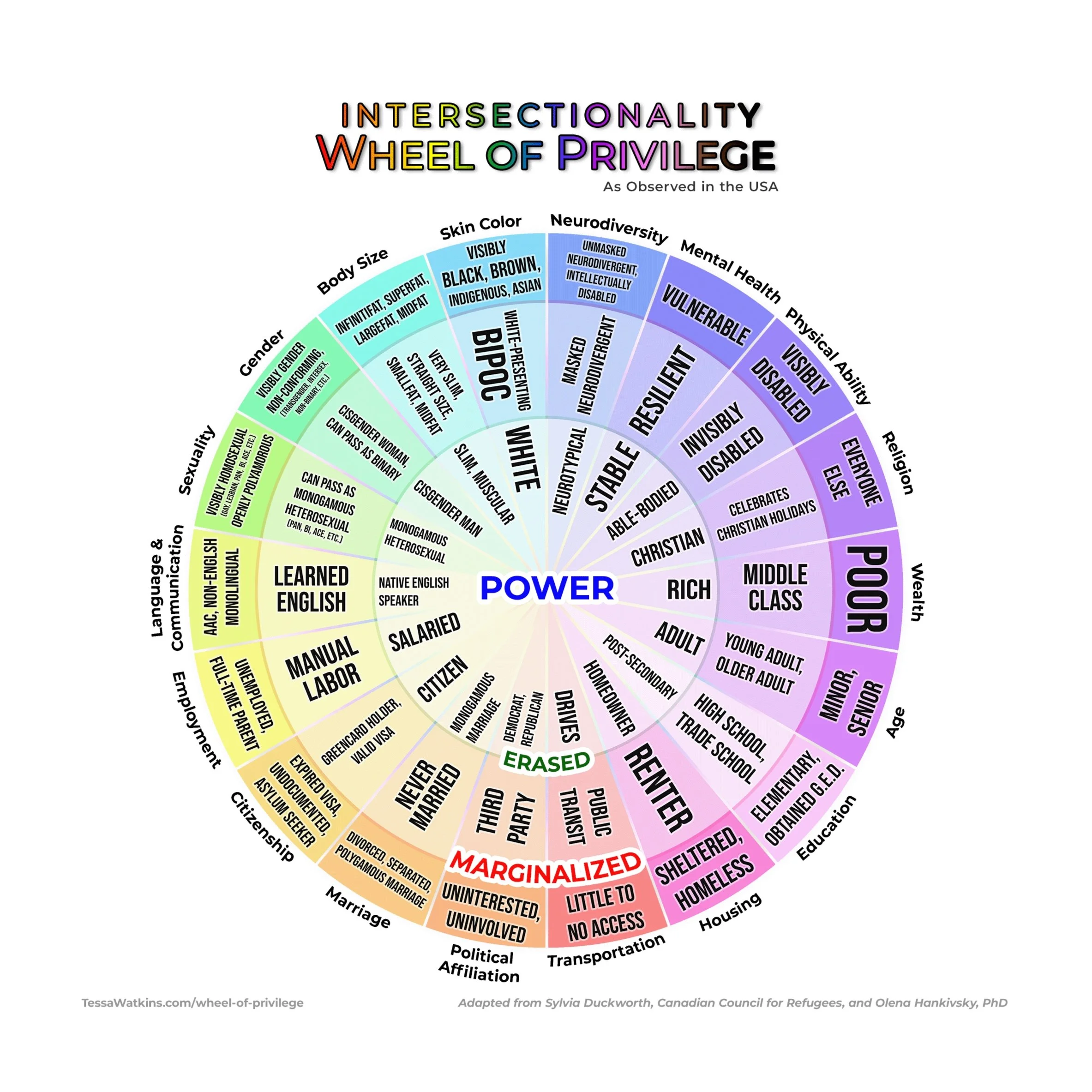is it safe to be your authentic adhd self?
Is it always safe to be your authentic ADHD self?
As a life coach, we often discuss and promote the principle of being true to your 'authentic self'. I myself am someone who values vulnerability as a top value. However, I've recently found myself reflecting on the privilege of being able to do so without reservation.
The truth is, it isn't always safe.
Why isn't it safe?
For some, expressing their true selves might expose them to harsh comments, judgement, and even gaslighting. Their vulnerability could be exploited and used against them.
For others, it might lead to discrimination and a loss of opportunities in their personal and professional lives.
In extreme cases, it might even threaten their personal safety and wellbeing.
This isn't just a mindset or personal perception; it's a harsh reality for many in their daily lives.
People often judge what they don't understand.
People are quick to make assumptions.
People are inherently afraid of what differs from their norms.
And the reality is some of our default behaviours aren’t considered socially acceptable by many, and the perception of intent is different from what is really going on.
What about ADHD?
Many of us with ADHD recognise this threat, having faced years of judgement for being who we are, often without any awareness of our neurodivergence. Many of us have 'masked' our behaviours to avoid painful experiences, gain acceptance, and feel safe. This masking isn’t manipulative, it is so ingrained that we often don't realise we're doing it.
But it comes at a cost; exhaustion, burnout, coping mechanisms, and, most importantly, a disconnection from ourselves. We start to believe there's something wrong with who we are.
What this diagram shows?
This diagram demonstrates the wheel of privilege. Those at the centre hold the most power in society, and those on the outer ring are marginalised. As you can see a masked neurodivergent individual holds more power than unmasked and therefore it’s no wonder we often hide our ADHD from others.
So who do we want to be?
Despite the attitudes and actions of others, I firmly believe in the importance of understanding, trusting, and loving our authentic selves—our complete, complex identities.
This isn't for others, nor is it about toughening up to endure painful experiences. It's for ourselves. It's about knowing who we are, what we want, and what we need.
Accepting and embrace all parts of ourselves.
Listening to our inner voice and trusting it.
Understanding our worth and not let others define it.
How can we achieve this?
Connecting with yourself is a lifelong journey, and one of the hardest. We're often so aware of what we perceive as our flaws that it's easy to be overly critical of ourselves and look to fix it. Whilst working with a coach can help you explore the depth of who we are at your core, challenge your beliefs and explore strategies to start creating that connection and confidence, there are ways we can do this by ourselves.
Understand your ADHD. Without this understanding, we're trying to establish our identity on something we see as a problem. By understanding our ADHD, we can recognize it as a difference, not a 'defect'. We can work with our brain, not against it.
Recognise your strengths and values and utilise them. Our strengths aren't always fully utilised because they're 'different'. By identifying where we excel, we can make choices that bolster our confidence.
Identify your inner critical voice. We all have one, and it's was created to protect us. However, it hinder us. What is it saying to you? Separate yourself from this critical voice. Be aware of who is driving your decisions and start choosing your own thoughts.
Why is this important?
Because when we fully understand, accept and embrace our authentic ADHD selves, we can make informed, conscious choices:
about the environments in which we feel safe.
to establish and maintain our personal boundaries.
to create an environment where we can thrive, not just survive.
This enables us to grow in confidence, belong to ourselves, and feel safe within ourselves. From there, we can start to feel safe with others.


